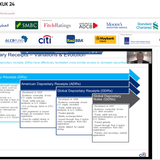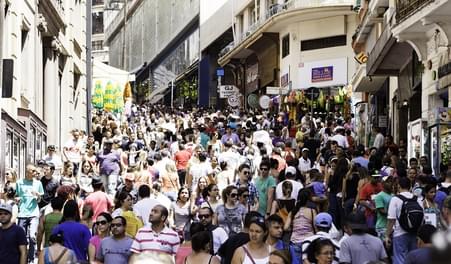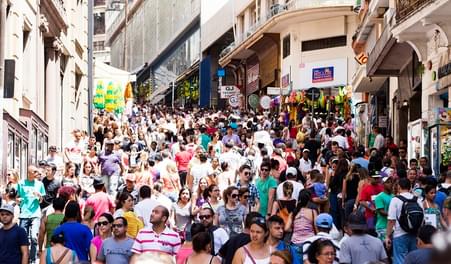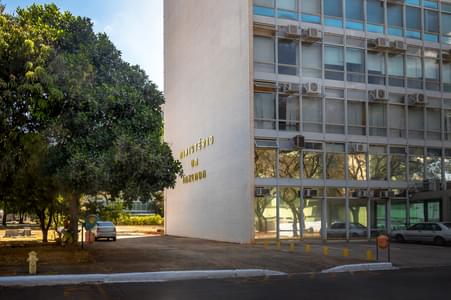Identifying the causes of this possible apathy is not the job of economists, but it is possible to argue that the economy can help to explain this situation.
The economic picture is currently much more comfortable than it was a year ago, as reflected in improved confidence indicators. The advance on the inflation front is the most obvious. In the first quarter of last year, just before the impeachment of Dilma Rousseff, annual inflation was tracking 7.3%, far above the target of 4.5% and the top of the target interval of 6.5%. Now, inflation is a good deal below the target, at 3.6%.
Economic activity, although still depressed, shows clear signs of stabilizing. This alone is a huge relief. The sensation of an endless crisis at the start of 2016 was worrying, and was aggravated by the lack of an economic policy instrument capable of slowing the economic contraction quickly. Now the climate is more promising, in particular the space for monetary easing.
On the other hand, the unemployment rate continues to rise. In the first quarter of 2016 it was 10.2% and in April this year it was 12.9% (both figures seasonally adjusted). Despite this, the labour market also shows signs of stabilization, with an end of net layoffs being recorded. Therefore, the index that measures the fear of unemployment (calculated by the CNI), while fluctuating around record high levels for the series (dating to 1996), is now stable.
All told, the net balance of lower inflation and lower fear of unemployment is positive. The discomfort of society (“misery index”), here measured by the sum of the mentioned variables, has been falling since peaking in the first quarter of 2016. The level is still high, but the declining trend is promising.
The absence of protests is perhaps not a sign of apathy. A possible interpretation is that with the improving economic environment, the sentiment of “I need to take care of my life” is stronger than a desire to mobilize and protest in the streets. The individual decision is rational.
Time is working in favour of the economy. With space for further cuts in the interest rate by the Central Bank, the signs of recovery will start to appear slowly.
The misery index should continue receding throughout the year, with the battle against inflation won (the projection for this year is 3.5% in the Central Bank’s “Focus” survey), and the most likely trend is for less fear of unemployment. Granted, the jobless rate might still rise a bit if the generation of jobs is not sufficient to keep pace with the growth of the contingent looking for work. Nevertheless, the fear of losing employment responds more to the variation of types of jobs, which has stabilized, than the unemployment rate.
These will act as impulses to improve consumer confidence, which may not be eroded that much by the political crisis.
Thus, judging only by the overall state of the economy, the chances of mobilizations by society will decline in the coming months.
Politics will thus have to resolve the country’s fate this year without the social mobilization ingredient. This will be a harder decision than in Dilma’s waning days, when the feeling of impending economic collapse “expelled” the president.
The political class will have to decide what is best for the country today, while society does not have a strong conviction regarding the best way out of the crisis. This is not an easy task to resolve, and the solution of the political crisis may be slow in coming. This is perhaps the greatest threat: the political crisis will drag on and hamper investments and the reforms, with negative consequences for the future. So, whatever the political decision is, a sense of urgency is in order.









